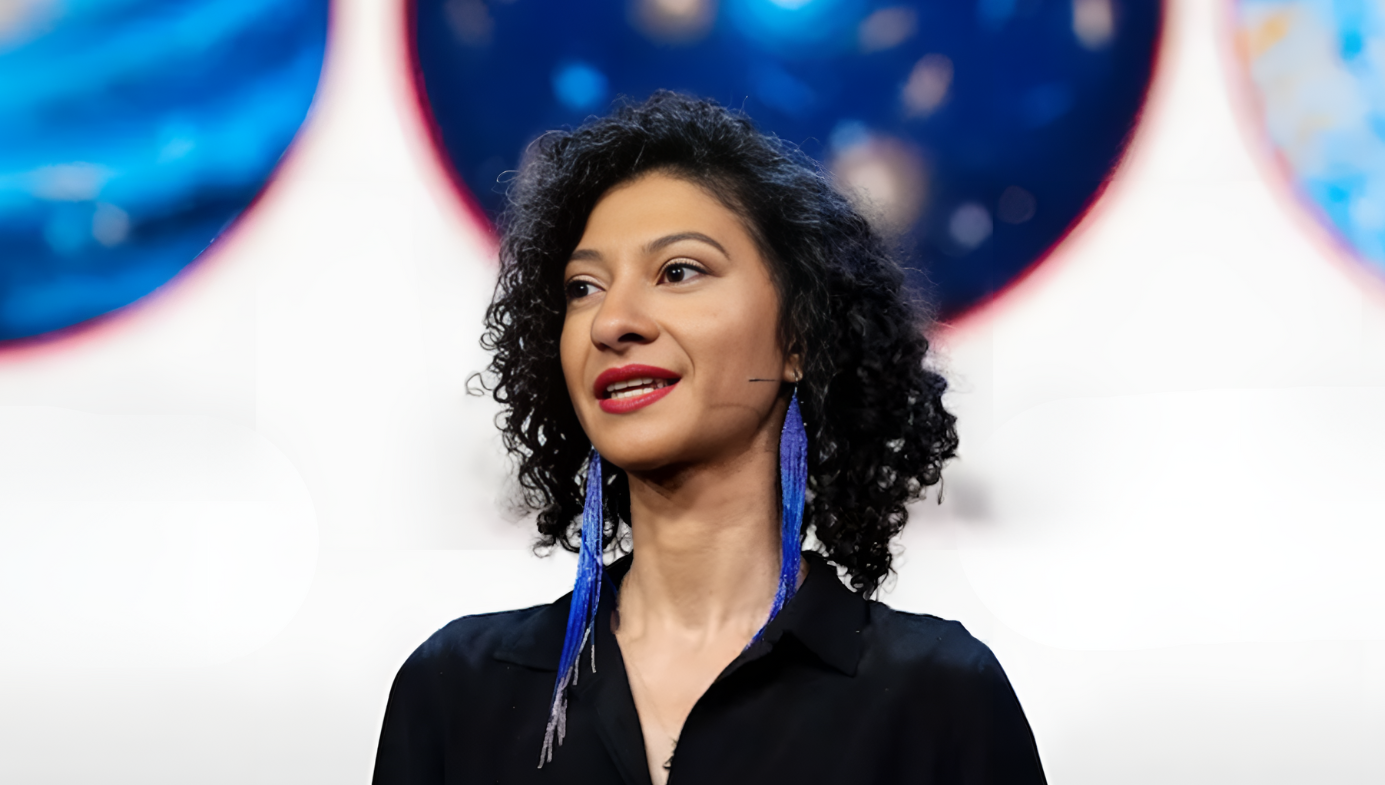Canada
Keeping BDS Out of Academia: A Canadian Case Study
Recordings from a recent Brock University faculty union meeting illustrate the tactics that anti-Israel activists use to co-opt ostensibly neutral academic institutions.

A Canadian professor once complained to me that academia is nowhere near as radically leftist as conservative culture critics tend to imagine. Yes, there’s plenty of “wokeness” on display. But almost all of these woke controversies, he argued, originate with a tiny minority of dedicated extremists. Most of his colleagues—well over 90 percent, by his estimation—would prefer to stay out of the public eye, avoid political fights, and focus on their areas of specialised research.
He may well be right. But as numerous examples reported by Quillette have shown, even small groups of highly motivated ideologues can exert an outsized influence on the intellectual climate at their schools—especially if they succeed in co-opting ostensibly neutral bodies such as hiring committees, DEI oversight teams, and academic unions.

A recent case study concerns the Brock University Faculty Association (BUFA), the labour union that represents about 600 full-time faculty members and professional librarians at Brock, a large public research university located about two hours west of Toronto. At BUFA’s general meetings, quorum requirements may be satisfied by just 5 percent of the membership—or about 30 people.






